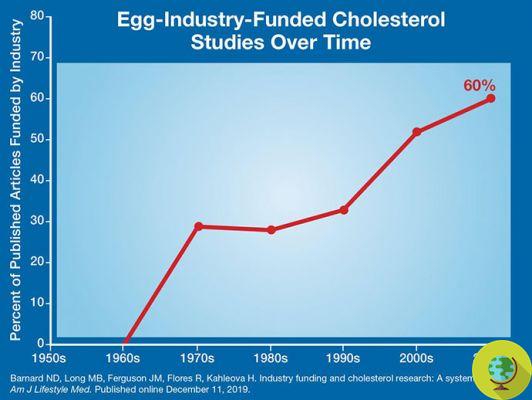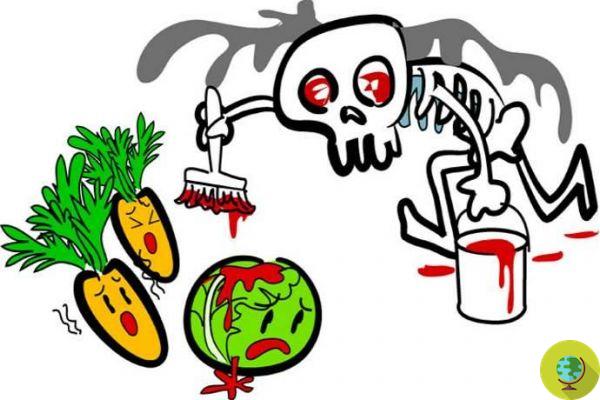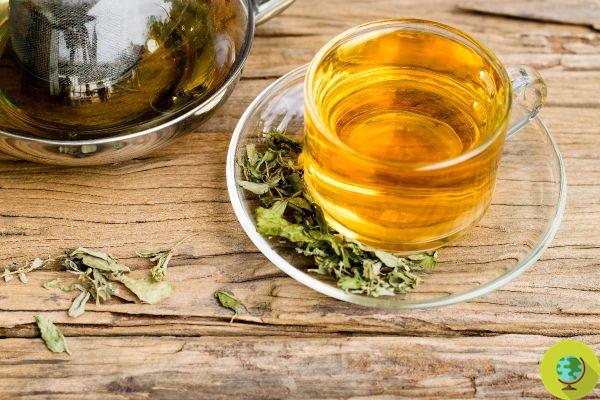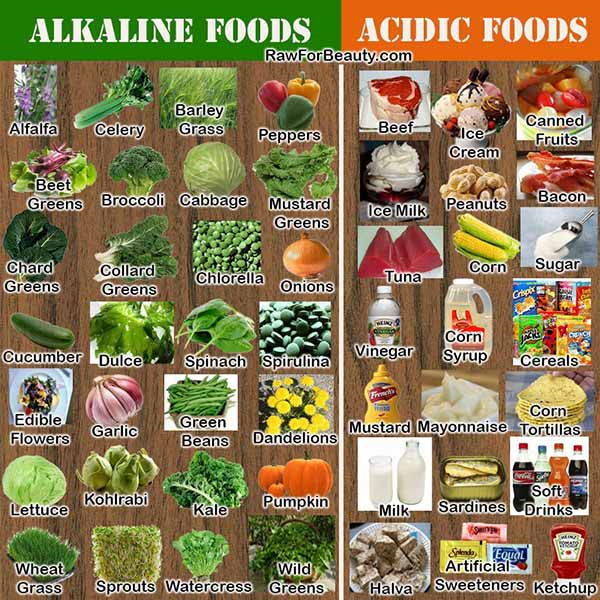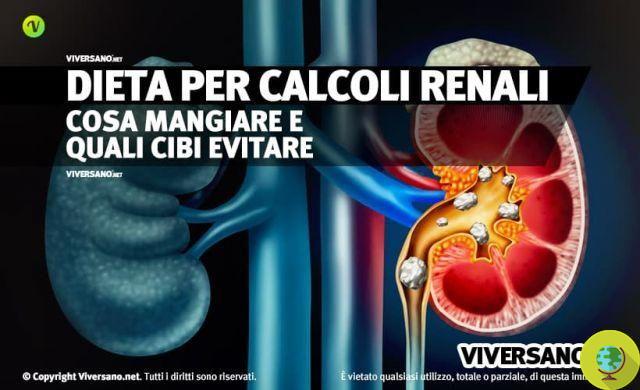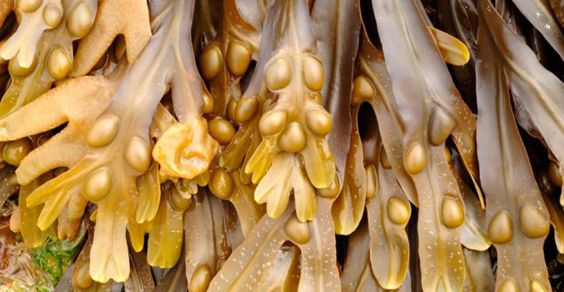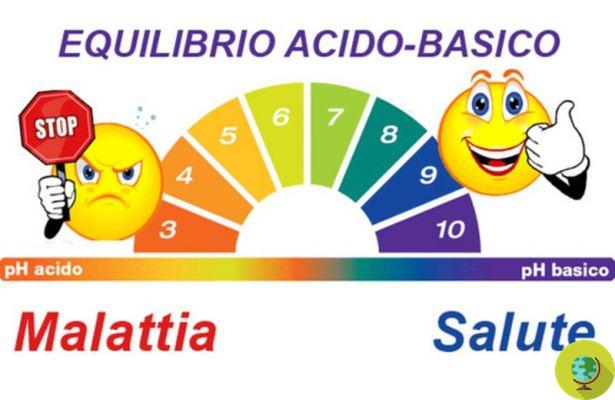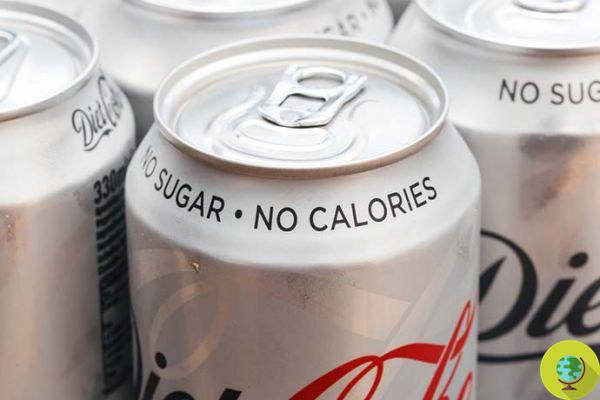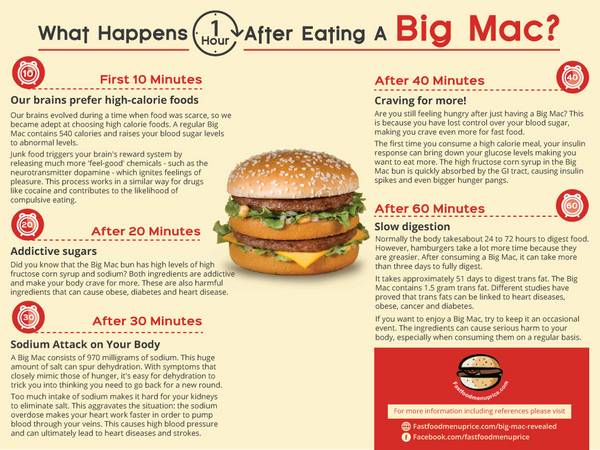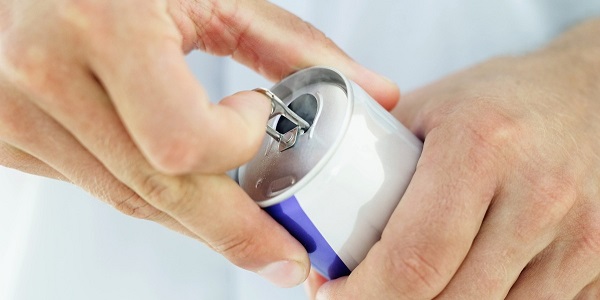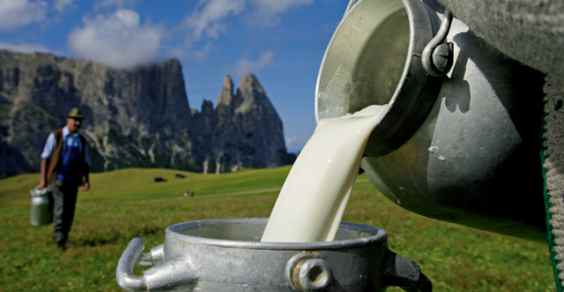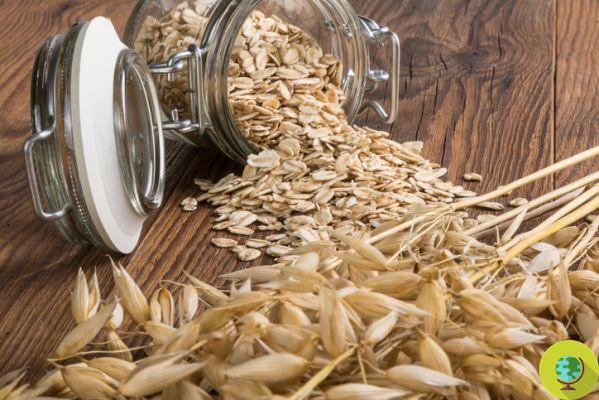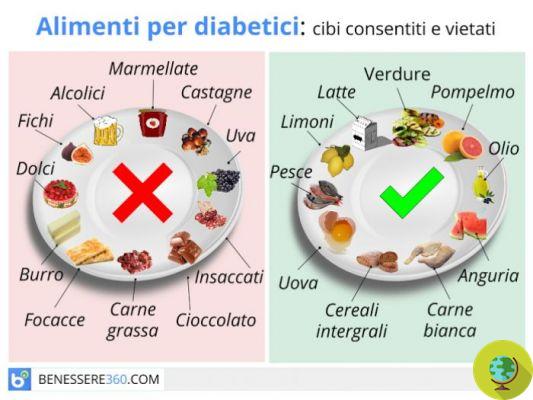Caffeine can be part of a healthy diet for most people, but if you take too much it can pose a health hazard. There are therefore limits to be followed.
Don't store avocado like this: it's dangerousCaffeine does not hurt within a certain daily amount. Okay to 4 or 5 cups of coffee a day, but beware of hidden caffeine in other foods
Caffeine: what is the maximum limit we can afford each day? Science confirms that caffeine can be part of a healthy diet for most people, but if you take too much it can pose a health hazard. Depending on factors such as body weight, medications you may be taking and individual sensitivity, that "too much" can vary from person to person.
According to the guidelines of the American FDA, up to 4-5 cups of coffee are not harmful to health, but what must be borne in mind is that caffeine is also found naturally in the plants used to make tea and chocolate and that many packaged foods, dietary supplements, and sodas contain it. It is also found in some plants used as flavorings, such as guarana, or alternative teas popular in South America, such as yerba mate (Ilex paraguariensis) and Ilex guayusa.
For example, a can of caffeinated soda contains between 30 and 40 milligrams of caffeine, a cup of green or black tea 30-50, a cup of coffee from 80 to 100 milligrams and energy drinks up to 250. that decaffeinated tea and coffee still contain caffeine, even if in smaller quantities (2-15 milligrams for a cup of coffee).
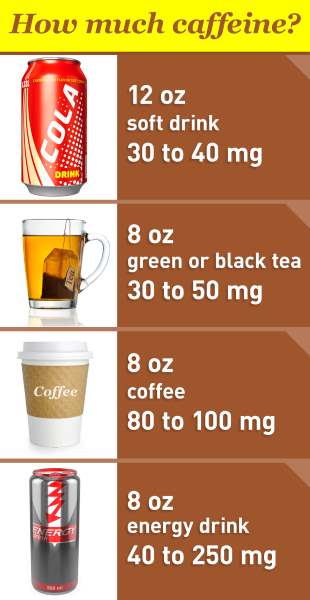
Index
When is there too much caffeine?
For healthy adults, the FDA mentions 400 milligrams per day (about 4 or 5 cups of coffee) as an amount not generally associated with dangerous negative effects. However, there is a wide variation based on a person's sensitivity and metabolism.
Some conditions tend to make people more sensitive to the effects of caffeine, as do some medications. Also, if you are expecting a baby, trying to get pregnant or breastfeeding, you need to limit your caffeine intake.
The FDA hasn't set a standard for children, but the American Academy of Pediatrics discourages the consumption of caffeine and other stimulants by toddlers and teens.
Symptoms of caffeine abuse
How do you know if you have consumed more caffeine than you can tolerate? Well, be aware that caffeine can cause:
- insomnia
- nervousness
- anxiety
- fast heartbeat
- stomach ache
- nausea
- headache
- a feeling of unhappiness (dysphoria)
The effects begin to be toxic, such as seizures, if 1200 milligrams of caffeine are consumed rapidly. Care must be taken, the FDA points out, to those products sold as supplements made of pure or highly concentrated caffeine: a single teaspoon of concentrated powder can hold the equivalent of 28 cups of coffee.
How can you cut down on caffeine without causing unpleasant side effects?
In fact, if you're used to drinking caffeinated beverages every day and want to cut back on them, it's best to do so gradually. Stopping abruptly can cause withdrawal symptoms such as headache, anxiety, and nervousness. Unlike opioid or alcohol withdrawal, however, not taking more caffeine is not considered dangerous, but it can have unpleasant repercussions on our body. If you think you have abused it, therefore, decrease the coffees gradually.
Read also
- Coffee: 3 cups a day protect the heart
- The coffee? With 5 cups a day you save yourself from premature death
- EFSA: Drinking more than 4 coffees a day is bad for you, especially during pregnancy
Germana Carillo








